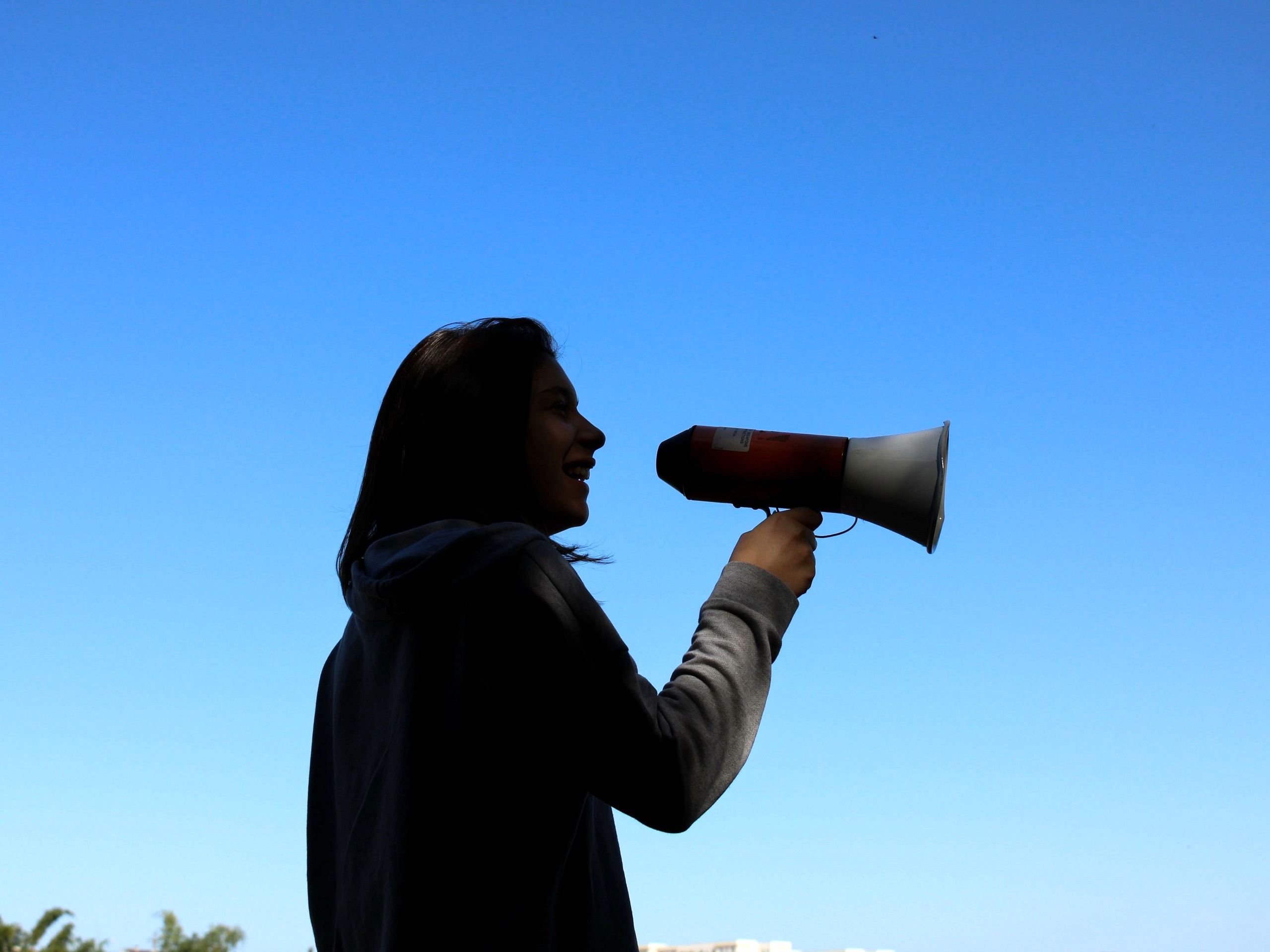
-
TrendsEnvironmentSustainability / ESG
-
SectorMass Consumption and DistributionEnergy, Oil and Gas
-
CountriesSpain
Germany was the first country to have social protests of such characteristics, making it virtually impossible today to build, for example, wind farms
.
October 16, 2021, more than 15,000 people and 182 associations (according to the organizers) shouting in unison in Madrid’s Puerta del Sol a simple, easy to memorize and repetitive phrase: Renewable yes, but not like this!
That was the slogan chosen by the association Alianza Energía y Territorio (ALIENTE) for one of the most massive protests to date against the installation of wind and solar farms in some provinces of Spain. Since then, demonstrations have been held in different towns and cities of Aragón, Castilla y León, Castilla La Mancha and Andalusia, among others.
The objectives of these mobilizations, which always take place under the aforementioned slogan, thus bringing together a multitude of individuals and groups, are clear: to achieve a distributed renewables model that includes citizen participation and is based on savings, energy efficiency, self-consumption and energy communities, as forms of democratization of energy. In other words, they denounce an “invasion” of their territories through large solar and wind energy projects, “many of which threaten to change the physiognomy of their landscape and their way of life”.
Spain is not the only country with movements against the installation of renewable energies. Germany was the first country to have such social protests, making it practically impossible to build wind farms, for example. German legislation for the installation of this type of infrastructure depends in most cases on local or regional governments, which have now tightened their policies largely due to the social pressure exerted by environmental groups or simply by neighborhood associations in the municipalities and regions in question.
In fact, meeting all the legal requirements for the installation of a wind farm in Germany does not mean that the company in question will be able to install it. Why? Because surely the next step will be a long court battle with the neighbors of the affected localities who, well organized and with clear messages in defense, for example, of birds or landscape conversation, will try to prevent its construction in any way.
The success of these movements
.
While it is true that any human activity, ideological current, form of social relationship or belief can generate around it activist movements for or against, we are facing a clear example of new forms of activism or social mobilization.
Firstly, because they focus their objectives on issues of a cultural and symbolic nature related to problems of identity, such as the protection of the ecosystem of the territories where they live. In other words, collective social action has shifted from material struggles, such as protests for better wages, to activism linked to the defense of human rights, ecology or respect for the environment, among others.
Secondly, the movement against the installation of wind and solar farms in some provinces of Spain has understood from the outset that defining a shared purpose that brings together the interests and aspirations of various groups will enable them to get as many voices and stakeholders as possible to support their cause. To speak as they do of “democratization of energy” is a unifying concept that can add many followers to their cause.
And thirdly, and very much in line with the previous characteristic, these activist groups have worked on a broad narrative that they find more mobilizing than when it is linked to a very specific aspect. As with the search for a shared purpose, this broad narrative makes it possible to address the object of the campaign from multiple approaches, bringing together broader points of view and more diverse collectives. That is, the vast majority of mobilizations that take place under the slogan Renewable yes, but not so are not a protest against a specific installation, beyond those that can be made in small towns, but against a model that they consider an “invasion”, thus allowing to address the issue from a broad perspective and involving more people to the cause.
“We want greater citizen participation”
.
Beyond the general proclamations and objectives of these mobilizations, there is a constant concern among the individuals who participate in them. The lack of information about these projects or the need for greater citizen participation permanently flutter in the territories where they want to install wind or solar farms.
It is at this point where the companies promoting these facilities must play a fundamental role. Because as we have seen previously in the case of Germany, it is not enough to comply with all the legal requirements to carry out the project, but it is essential to have the continuous approval of the local community and other stakeholders. What is at stake is the Social License to Operate.
To this end, companies can pursue certain strategies that in many cases share common characteristics with those pursued by social movements. For example, having a shared purpose that grants or extends the Social License to Operate and clearly expresses why and for what purpose this company exists and what its contribution to society is.
On the other hand, detecting who the influential actors are, those who have the capacity to mobilize and make decisions, is essential to organize resources, maximize the scope and promote the action of third parties. Precisely this last consideration, promoting the action of third parties, especially in an activist campaign, is essential to achieve the objectives, even if it often involves sacrifices in favor of the result.
Finally, building long-term relationships based on an exchange of mutual benefits and on a broad and shared vision of a variety of issues or objectives is key to carry out any project.
If you are interested in learning more about how to manage projects where activism and community mobilization is a relevant factor, we invite you to download “The Transformation of Activism: what we have learned and what has changed in the era of power of individuals.”
Authors
Alba García


